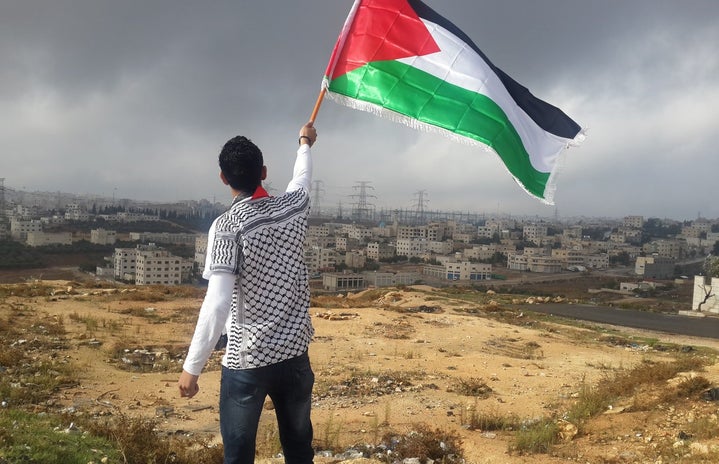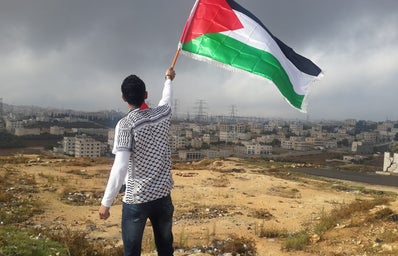As of Monday, Feb. 26, Palestinian Prime Minister Mohammad Shtayyeh and his administration resigned as tensions over post-war plans for Gaza continue to escalate. Until an official replacement is appointed, President Mahmoud Abbas, a notable official within the Palestinian Liberation Organization (PLO), accepted the position. In a statement to his cabinet, Shtayyeh expressed the emergent need for the next governing structure to effectively address the diaspora and infrastructural losses that have affected the country over the past six months. He also called for the continuation of standardized leadership over Palestinian areas.
Leadership in Palestine has faced multiple changes throughout the country’s history. The UN provides a comprehensive timeline of authority transfers and important events in Palestine, ranging from as early as the 1800s to the present day. Notable events include the formation of the Palestinian Authority government 30 years ago, effectively overtaken by Hamas in the Gaza Strip due to a legislative election in 2006. Hamas is an establishment characterized by a preference for Palestine as a sovereign state, as well as the ideology (e.g. armed resistance to non-Islamic authority within Palestinian borders and its occupied areas) it employs to achieve those means.
There are other recognized leadership organizations in the country, such as the youth-empowerment group Leaders Organization seeking increased representation for the 45 percent youth population of Palestine. Another group of interest is the Palestine Liberation Organization, or Fatah, which aims to reclaim occupied Palestinian areas in a secular manner and recognizes the statehood of Israel as well as its own. It is noteworthy that Fatah/PLO is recognized as the official voice of the Palestinian people, not Hamas, despite the majority legislative vote in 2006.
United States authorities are hoping for a more cohesive approach to running the Palestinian Authority, as public opinion data veers toward urgent ceasefire plans in Gaza and eventual recognition of Palestinian statehood alongside Israel.
Shtayyeh shed light on the importance of providing aid to the 1.9M Palestinian citizens displaced from their homes at this time. These citizens make up 80 percent of the Palestinian population in Gaza. Noting a previous statistic outlined in this article, about half of this population are children and refugees. This means that plans for the next leadership group include securing adequate medical resources, as well as any other sustenance-related resources, that can be distributed to citizens.
Such assistance in Palestine is mostly provided by nonprofit organizations like Doctors Without Borders. Working for efforts like this comes with physical and emotional challenges that further indicate the necessity of teamwork in terms of care for those affected. In late December 2023, NPR shared primary audio footage from a medical worker associated with the organization describing her experience caring for the wounded.
While definitive plans for the transition of leadership in Palestine remain unclear as of now, Shtayyeh voices similar opinions to President Abbas for a more democratic approach to leadership, including movement toward a Palestinian consensus. IDF sources corroborate that plans for a more unified Palestinian Authority would allow both states to organize and achieve peace more linearly.
Want to see more HCFSU? Be sure to like us on Facebook and follow us on Instagram, Twitter, TikTok, and Pinterest!


